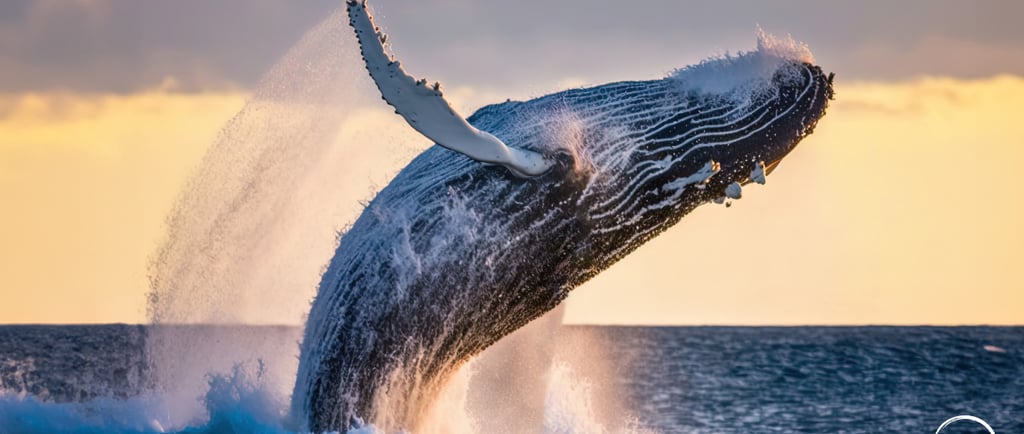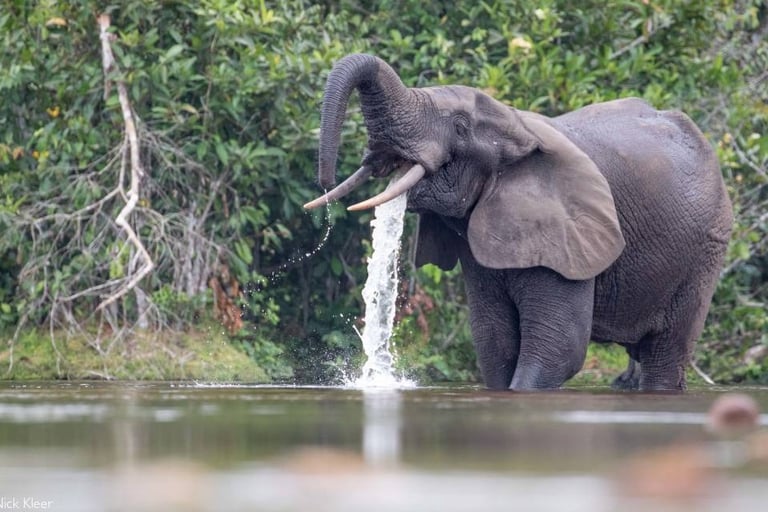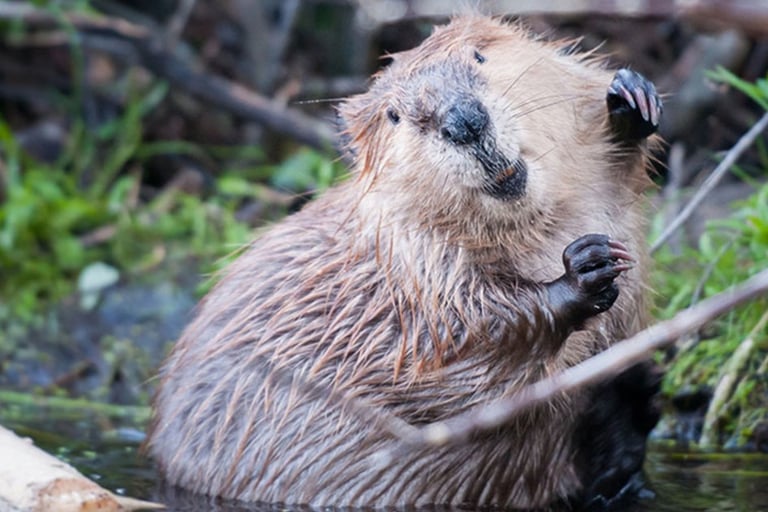Animals That Help Combat Climate Change
ENVIRONMENTAL ISSUES
Danny Xu
3/13/20254 min read


As the Earth continues to heat up and climate change gets worse and worse, some people have already started trying to find ways to try and stop this problem from getting worse before it is to late. However, some animals, without even knowing, are also doing a lot to try and remove greenhouse gases from the atmosphere and reduce the effects of global warming.
Whales and Phytoplankton
Whales and Phytoplankton play a huge role in preventing climate change from being even worse than it is right now. The waste that whales produce is actually an important food source for Phytoplankton to grow and survive. Phytoplankton are tiny microorganisms that produce about 50% of the Earth's oxygen. Not only that, but Phytoplankton each this by taking in about 37 billion metric tons of carbon dioxide from the atmosphere each year which greatly decreases climate change. This is because carbon dioxide is a greenhouse gas that when trapped in the Earth's atmosphere, results in global warming. However, the amount of carbon dioxide in-take would be much less without the whales waste. Whales themselves also have a huge impact on reducing carbon dioxide in the atmosphere. Since whales are so big, they store a ton of carbon dioxide within their bodies and when whales die, due to their heavy weight they don't float back up to the water but instead go all the way down to the ocean floor. This prevents all the carbon dioxide that is stored in the whales body from resurfacing back into the atmosphere. In fact, some whales are able to keep up to 33 tons of carbon dioxide which is significantly more than the 48 pounds a tree can per year. However, yet again, human activates like hunting whales along with whales bumping into ships, pollution, and climate change itself, are decreasing the whale population. If the whale population were to be restored, it is estimated that an additional 160,000 metric tons of carbon dioxide would be kept down in the ocean.
Forest Elephants
Forest elephants also play a significant role in reducing carbon dioxide emissions. It is estimated that one forest elephant is able to reduce the carbon dioxide emissions of about 2047 cars. One reason forest elephants play such a huge role in decreasing greenhouse gas emissions is because as they eat, they knock them a lot of the smaller plants and trees which allows the bigger trees that can't get knocked down to have no competition for nutrients, allowing them to grow larger and store more carbon dioxide within them. Elephants also eat a lot of seeds and soften their shell from their stomach acid which when the seeds as passed out as waste, are easily able to grow quickly into more plants. However, like the whales, the population for forest elephants is also decreasing due to factors like deforestation which is why they also have to be protected.


Beavers
Beavers, as commonly known, create dams for their homes. These dams, create a flooded area that naturally becomes a wetland. Since the beavers are able to create a water source with a slower current since it blocks of the river, it invites many organisms like plants and animals to be able to live in this habitat. Wetlands are crucial for helping stop climate change as they absorb a lot of carbon dioxide. To be specific, the wetlands that the beavers create hold about 470,000 tons of carbon dioxide yearly. However, like the previous two animals, beaver populations are also not as high as they were in the past despite laws helping restore the population.


In conclusion, there are many other animals that help combat climate change. However, humans started this problem by releasing so many greenhouse gasses into the atmosphere and are also making it worse by hunting these animals and decreasing their population significantly. It is important, moving forward, to keep reduce hunting as animals can help reduce a major problem in the world right now.
Sources:
Chami, Ralph , Thomas Cosimano, Connel FullenKamp, and Sena Oztosun. 2019. “Nature’s Solution to Climate Change – IMF F&D.” IMF. December 2019. https://www.imf.org/en/Publications/fandd/issues/2019/12/natures-solution-to-climate-change-chami.
Kent, Whitney. 2024. “Why Are Elephants Climate Heroes?” World Wildlife Fund. 2024. https://www.worldwildlife.org/stories/why-are-african-forest-elephants-climate-heroes.
“Beavers & Wetlands - Beavers: Wetlands & Wildlife.” 2019. Www.beaversww.org. July 2, 2019. https://www.beaversww.org/beavers-wetlands/.
